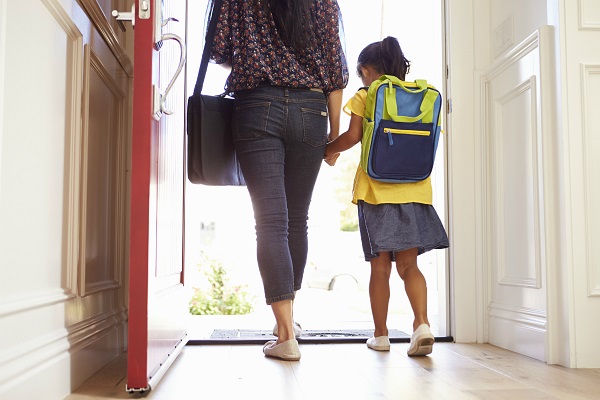Throughout the 2021–22 school year, local educational agencies have developed interventions targeting students’ social-emotional, behavioral and mental health needs, but recent data show programs and resources may not be reaching the students and families most affected by the pandemic.
Released in June by the Urban Institute, Both Supply and Demand for COVID-Related Academic and Social Interventions Are Insufficient to Address the Negative Effects of the Pandemic, highlights the need for LEAs to continue expanding access to and tailoring interventions with broad community input even after implementation.
“Recovery efforts are unlikely to close gaps caused by the pandemic if they are not offered to — and taken up by — communities most affected by the pandemic,” researchers wrote. “Narrowing these learning and opportunity gaps will require investment and coordination between schools and their communities (e.g., ensuring families know what services are being offered, ensuring services are offered on schedules that are realistic for students to participate in) to ensure that high-quality supports are both provided and taken up by those who need them most.”
Using data collected from a nationally representative survey conducted between April through May 2022, researchers found that, among other things:
- Black and low-income parents reported the highest levels of concern over their children’s academic and social-emotional needs, with 24 percent of Black parents reporting concerns about the amount their child is learning at school.
- Parents with low incomes were more likely to report that their students were at risk of not progressing to the next grade, were struggling to keep up in class and with homework and were experiencing anxiety.
- While Asian, Black and higher-income parents reported fewer negative experiences like receiving a call from school or homework struggles that white parents and lower-income parents, Black parents reported the highest rates of receiving notes or calls from school about behavior.
- White parents and high-income parents were significantly more likely to report being offered mental health supports than low-income parents and parents of other racial and ethnic groups.
- Black, Asian and Hispanic parents were more likely than white parents to express interest in interventions such as summer school, mental health supports and tutoring. The lowest-income parents are most likely to be interested in both summer school and mental health interventions.
However, despite families’ concern over their student’s academic and social-emotional outcomes, overall interest in actually participating in available interventions was low for all racial and ethnic groups and for all interventions. No more than 40 percent of any racial or ethnic group expresses interest in participating in summer school, tutoring or mental health programs.
Part of the issue is equitable access, researchers concluded. For instance, despite expressing substantially less interest in them, white parents report being offered interventions at some of the highest rates than other racial and ethnic groups. State leaders should aid in “boosting the overall availability of evidence-based interventions to address the pandemic’s negative effects on student learning and social and emotional health, especially for low-income students and Black students,” the report states.
Regarding interest, state officials should also help LEAs spread awareness of the learning gaps that have emerged over the course of the pandemic in order to drum up interest, or even mandate participation, according to researchers.
Additionally, they noted the possibility that parents do not have low interest in these interventions in general but rather are not interested in them as currently implemented in their children’s schools.
“Therefore, alongside efforts to underscore the importance of these interventions, it is essential that community, school, and district decision-makers ensure that their specific offerings align with parents’ desires, schedules, and needs, which are likely to differ from school to school,” researchers wrote. “Any effective policy of academic or socioemotional interventions must fit local needs or risk low participation.”





